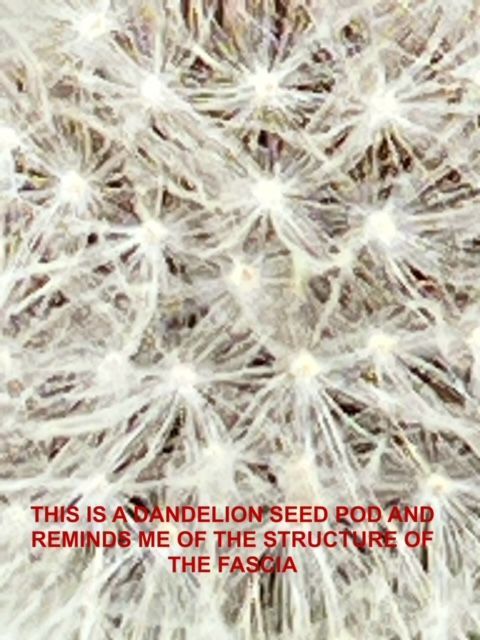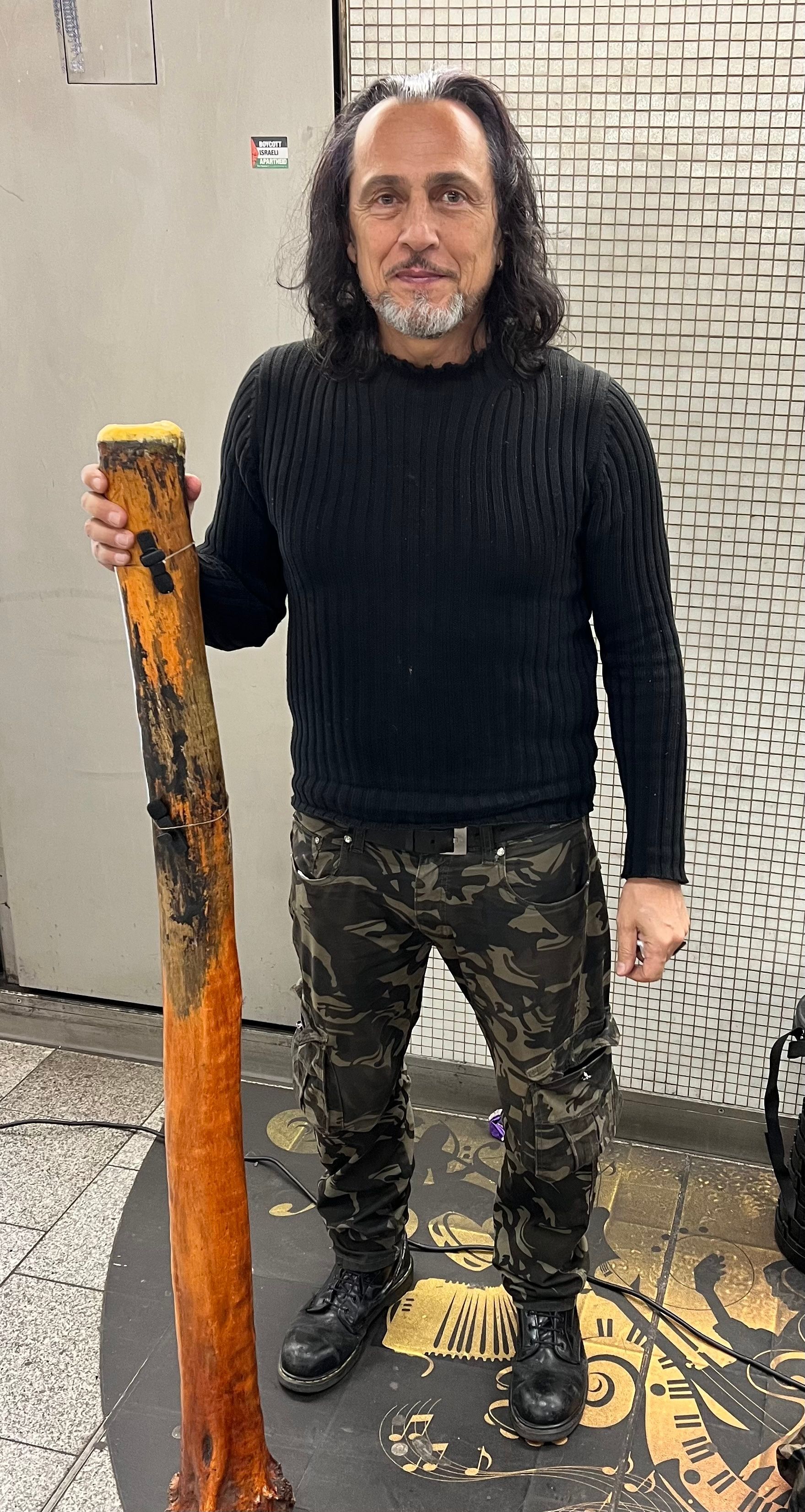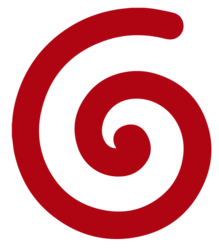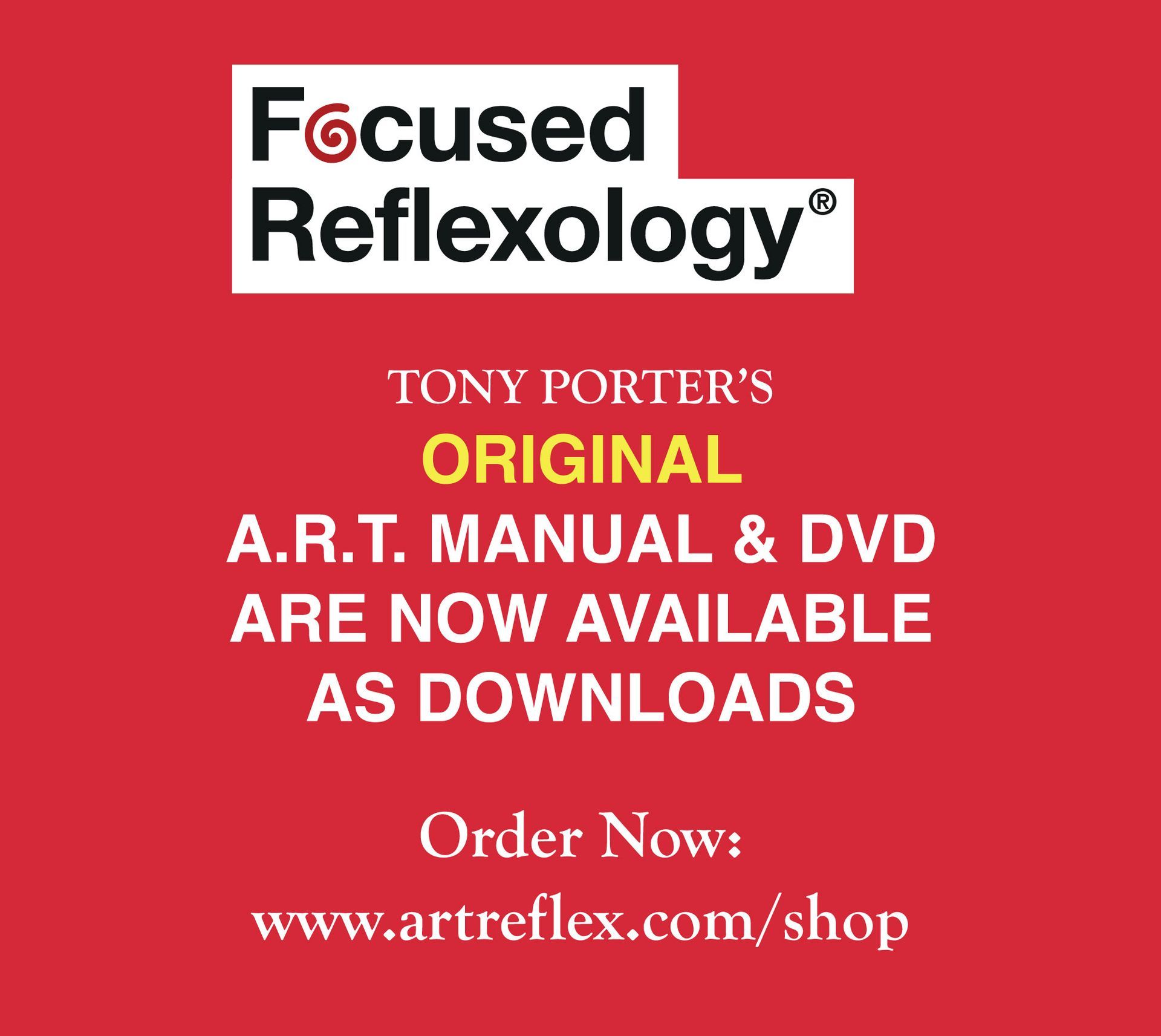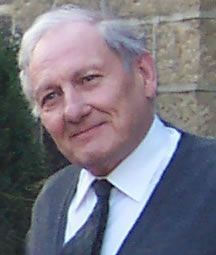Understanding Thyroid perspectives
I had the immense privilege of knowing and working alongside the late Dr. Barry Peatfield for over thirty years. Dr. Peatfield was a remarkable individual who dedicated his life to the study and treatment of metabolic disorders, particularly Hypothyroidism. His unconventional approach, especially towards this condition, although successful garnered both admiration and criticism from the medical establishment of his time. In fact, it was this very opposition that eventually led him to voluntarily remove himself from the medical register.
One of my fondest memories of Dr. Peatfield was during a leisurely lunch at his favourite country pub a year or so before his passing. Our conversation naturally gravitated towards all things thyroid, which continued long after we returned to his home. Over the years, Dr. Peatfield graciously shared his wisdom with my A.R.T. students through engaging lectures, and he was an unwavering supporter of reflexology.
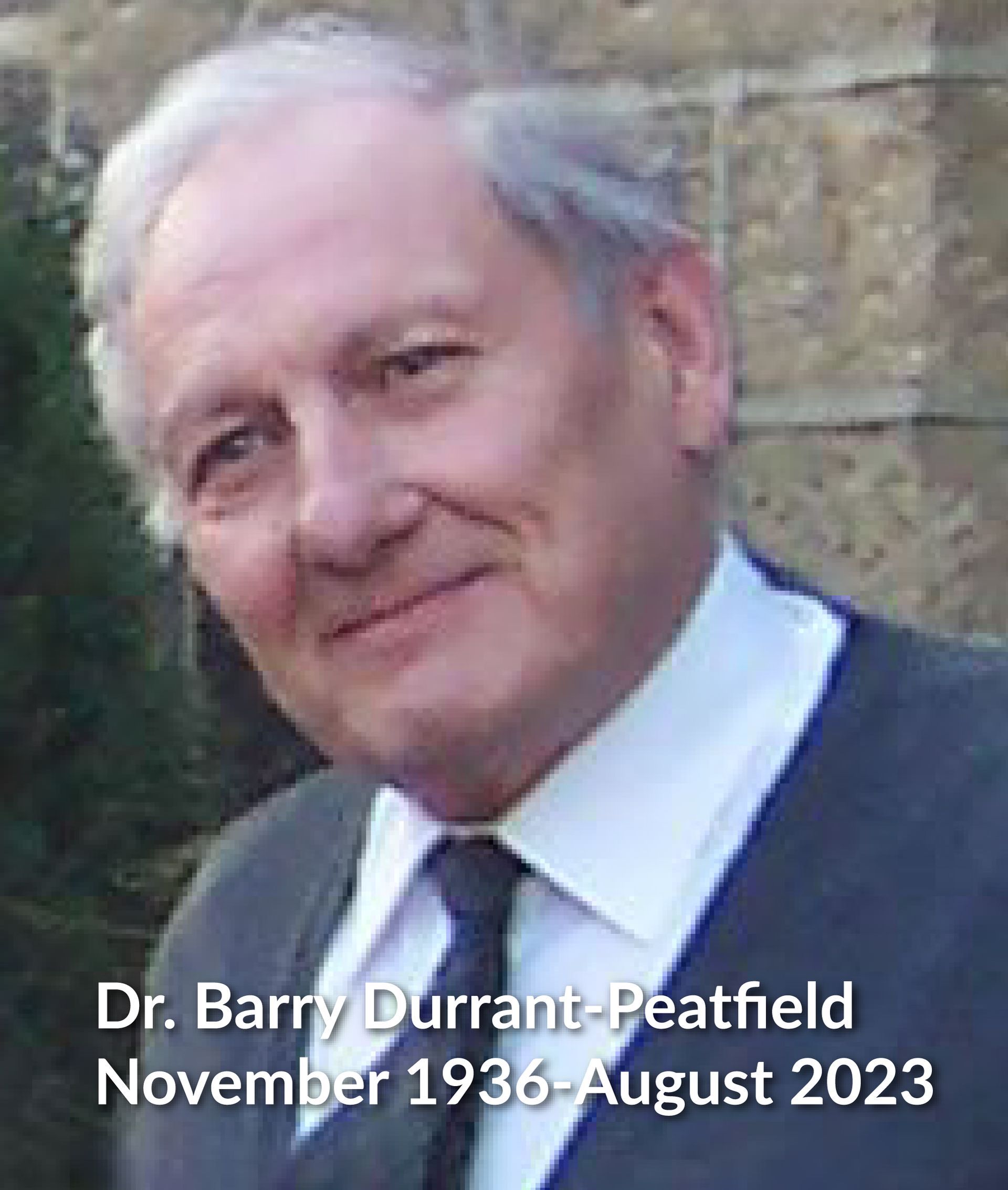
Through my deep bond and countless conversations with Dr. Peatfield, I gained a profound understanding of the far-reaching impact that thyroid disturbances have on the body, which I know from my own experience. It also made me question the reflexology approach to addressing thyroid issues.
It is tempting for reflexologists to believe that simply working on the thyroid reflexes and perhaps ‘tweaking’ the pituitary gland can "cure" thyroid conditions, and like the seven dwarfs it was only a matter of ‘Hi Ho, Hi Ho its off to work we go’ to ‘cure’ our patients of their thyroid conditions.
However, the reality is far more complex. The body's various systems are intricately interconnected, each relying on the other. This is where the concept of "Holistic" comes into play, and as reflexology practitioners, it is crucial for us to constantly bear this in mind.
While there may be instances where working on the symptomatic cause can bring positive results, such as when the thyroid gland has been damaged through various causes, it is essential to recognise that a different understanding of reflexology is required. We must "Treat what we find and not just what we are looking for." This statement, though repeated often, holds immense significance.
To illustrate one example. A healthy thyroid function is impossible without a healthy gut function, and vice versa. The gut and thyroid share a profound connection, with thyroid hormones exerting a significant influence on the stomach and small intestine, much like how the Gall Bladder has an influence on the thyroid. Through my years of being involved in the treatment of various gynaecological conditions through working in various, medical clinics. I could not help but notice a correspondence between thyroid and ovary function, and because of this I perceived the thyroid as the third ovary.
When the digestive reflexes exhibit abnormalities, whether in texture or sensitivity, it is vital to consider that the reflexes of the small intestine or the liver might hold the key to aiding an ailing thyroid.
Autoimmune issues also play a role in thyroid hormone levels, particularly in the case of Hashimoto's Thyroiditis, a common autoimmune condition. This condition occurs when the immune system mistakenly attacks the thyroid gland, gradually causing its destruction through antibodies. Imbalances in the gut microbiota can contribute to this condition, and there is also a notable Adrenal-Thyroid connection. Additionally, we must be mindful of the potential impact of radiation, chemotherapy treatments, as well as damage to the pituitary due to head injuries or high fevers.
It is important to note that thyroid conditions are not always the primary cause of the problem, but often secondary. Once again, I emphasise that the feet can reveal the answers if we allow our senses to perceive them, rather than imposing our own interpretations. Inflammation in various parts of the body can be responsible for autoimmune disease such as Hashimoto’s.
Dr. Barry Peatfield's legacy lives on, reminding us to approach thyroid conditions with a holistic perspective and to constantly seek a deeper understanding of the interconnectedness of the body's systems. Let us honour his memory by continuing to learn and grow in our practice, always striving to provide the best care for our patients.
Best Wishes,
Tony Porter


